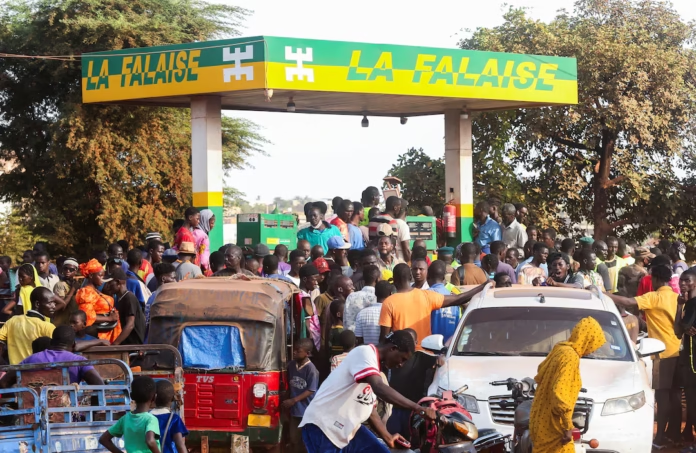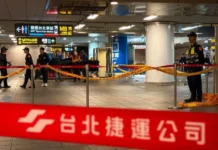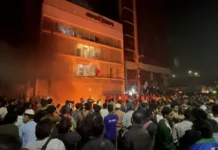(Reuters) – A two-month-old fuel blockade by al Qaeda-linked militants has all but paralysed the capital of Mali, turning the screws on the military government and raising concern that the jihadists might try eventually to impose their rule on the West African country.
Security analysts say the group known as Jama’at Nusrat al-Islam wal-Muslimin (JNIM), which has been operating for months within 50 km (30 miles) of Bamako, currently has neither the intention nor the military capability to seize the city of 4 million people, which it briefly attacked last year.
But the JNIM strategy of gradually starving Bamako of fuel, forcing schools to shut and depriving businesses of diesel-generated electricity poses the gravest challenge yet to the military leaders who took power in 2021.
The jihadists’ likely goal is to trigger another coup, half a dozen security analysts and diplomats told Reuters. It would be Mali’s third since 2020, further depriving the country of a viable power centre and allowing JNIM to amass more weapons and funds.
In the long run, JNIM is seeking negotiations either with the current government or a post-coup administration, which would be a milestone in its hunt for political legitimacy, according to a Control Risks client note published last week.
“With JNIM’s activity putting unprecedented pressure on the government, we warn that the risk of a collapse of the regime, whether through a coup or another form of political crisis, will be very high over the coming weeks,” the note said.
A source close to JNIM did not respond to a request for comment about the aims of the fuel blockade.
A statement it issued in early September announcing the blockade said its target was “these bandits who are in power”, who it accused of persecuting Malians especially outside the capital.
Mali’s communications ministry did not respond to a request for comment.
ESCALATING ATTACKS AS MILITARY STUMBLES
Spun out of an ethnic Tuareg uprising in 2012, JNIM has for over a decade been advancing from northern Mali into the centre of the country and inside neighbouring Burkina Faso and Niger.
Assimi Goita, Mali’s current military leader, seized power promising to turn the tide in the fight against the Islamist group, but his government’s strategy of severing defence cooperation with France and the United States and instead leaning on Russia has been a failureThis pile of crushed, non-recyclable plastic waste was destined for the landfill or incineration.
JNIM has escalated attacks on military posts this year, boasting of killing soldiers by the hundreds while amassing pilfered weapons and working to control territory around urban centres.
Last week, it reached a deal for a hefty $50 million ransom payment for two Emirati hostages.
JNIM has also advanced into southern Mali for the first time while expanding operations in the west, putting it in a position to enforce the fuel blockade by attacking convoys from coastal countries including Ivory Coast and Senegal.
Its focus now appears to be Bamako.
“The fuel blockade is more than an act of economic warfare – it is also a terrorist tactic,” said Justyna Gudzowska, executive director at investigative research group The Sentry.
“It instils fear among Bamako’s ruling elite and the general population, creating the perception that the capital is under siege and that JNIM is closing in.”



















